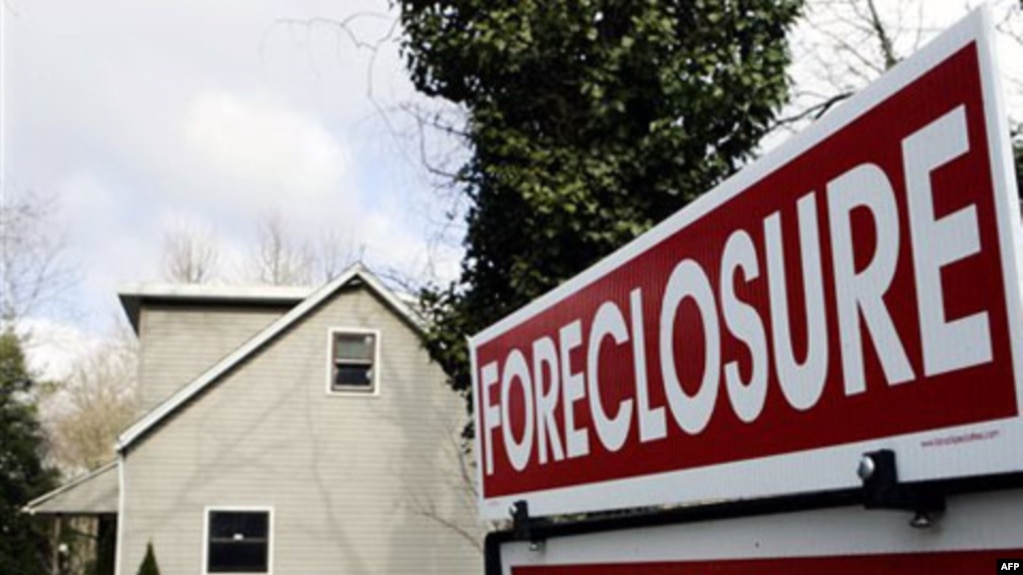Bill
rolls back financial reforms put in place following the 2008 Great Recession
By US Representative Jim Langevin
 It
was only a decade ago that Rhode Island was rocked by the worst financial
crisis since the Great Depression. Unemployment soared, retirement account
balances plummeted, and thousands of people lost their homes.
It
was only a decade ago that Rhode Island was rocked by the worst financial
crisis since the Great Depression. Unemployment soared, retirement account
balances plummeted, and thousands of people lost their homes. Somehow, Republicans in Congress seem to have forgotten the financial contagion that spread from Wall Street to every state in the country.
This misguided banking bill turns back the clock to a pre-2008 mindset, weakening rules put in place to ensure we don’t see a repeat of the subprime lending crisis. We passed the Wall Street Reform and Consumer Protection Act to prevent future bailouts, but this bill makes them more likely.
NOTE: The bill is S. 2155, the Economic Growth, Regulatory Relief, and Consumer Protection Act passed on May 22 with most Democrats voting NO.
I have long supported community banks, and I believe there are technical changes that can be made to improve our financial regulations.
This bill contains some of those fixes, but it pairs them with provisions designed to help some of the largest institutions in the country.
Ironically, the bill may actually make things harder for community banks because, by allowing larger banks to grow from $50 billion to $250 billion in assets, small local establishments may be targeted for acquisition.
I have learned the lessons of the 2008 financial crisis, which itself was set in motion by deregulation in the late 1990s. I can only hope that this bill undermining safe banking practices does not have a similar outcome.”